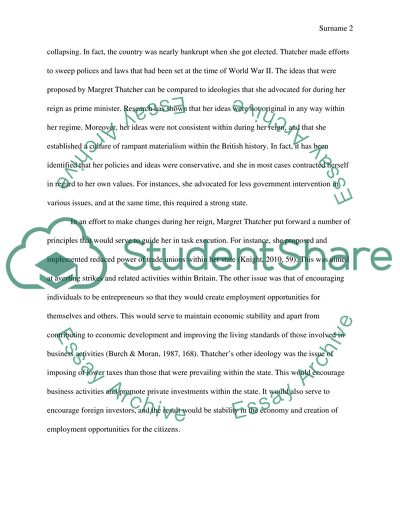Cite this document
(“Thatcherism in British Politics Essay Example | Topics and Well Written Essays - 1500 words”, n.d.)
Thatcherism in British Politics Essay Example | Topics and Well Written Essays - 1500 words. Retrieved from https://studentshare.org/history/1444453-does-thatcherism-mark-a-radicle-break-in-british
Thatcherism in British Politics Essay Example | Topics and Well Written Essays - 1500 words. Retrieved from https://studentshare.org/history/1444453-does-thatcherism-mark-a-radicle-break-in-british
(Thatcherism in British Politics Essay Example | Topics and Well Written Essays - 1500 Words)
Thatcherism in British Politics Essay Example | Topics and Well Written Essays - 1500 Words. https://studentshare.org/history/1444453-does-thatcherism-mark-a-radicle-break-in-british.
Thatcherism in British Politics Essay Example | Topics and Well Written Essays - 1500 Words. https://studentshare.org/history/1444453-does-thatcherism-mark-a-radicle-break-in-british.
“Thatcherism in British Politics Essay Example | Topics and Well Written Essays - 1500 Words”, n.d. https://studentshare.org/history/1444453-does-thatcherism-mark-a-radicle-break-in-british.


